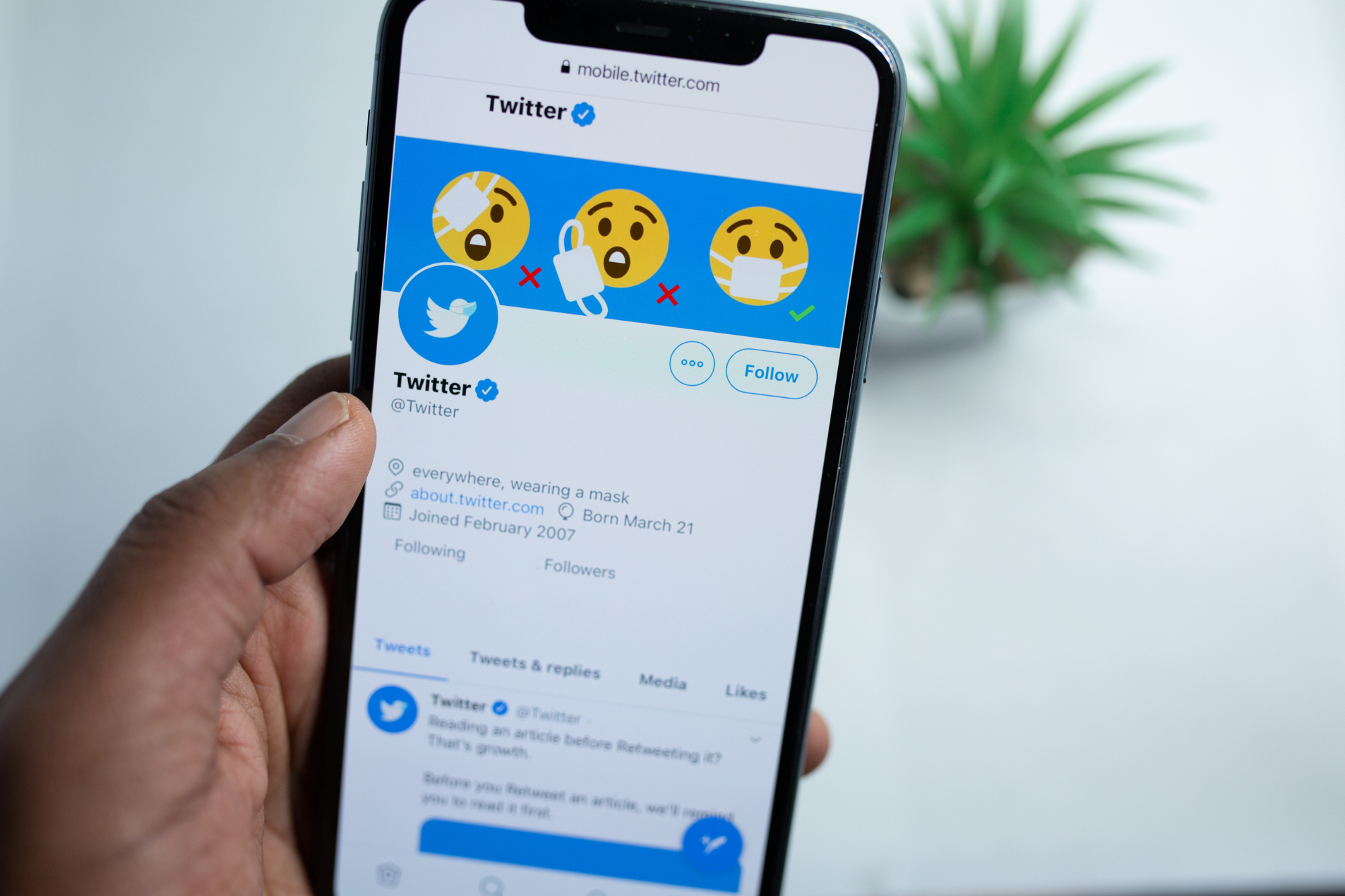Generation Z displays diverse engagement methods that challenge outdated stereotypes effectively.

While often mislabeled as inattentive or disengaged, Generation Z communicates involvement in ways that traditional markers overlook. Their engagement includes thoughtful social advocacy, creative humor, and deep participation in niche online communities. These behaviors underscore a broader shift in how attention and interest manifest today, blending digital fluency with meaningful connection. Understanding these methods helps dispel misconceptions and reveals the authentic commitment behind what might appear as a blank stare.
1. They actively participate in social causes with thoughtful online advocacy.

Beyond mere retweets, Gen Z engages in social causes with carefully crafted posts that signify an understanding of issues. This generation uses platforms like Twitter for social change, creating threads that unpack legislation or crisis backgrounds more thoroughly than a casual glance might suggest.
Such advocacy transcends mimicry, highlighting their genuine interest in effecting change. By carefully selecting hashtags, they foster digital dialogue that complements physical activism. This method offers an insightful view into their commitment, challenging the stereotype of apathy that older generations may wrongly attribute to digital behaviors.
2. They use humor and memes to communicate complex ideas creatively.

Humor serves as a powerful tool for Gen Z, often in the form of well-timed memes that layer wit onto complex subjects. A single image with a clever caption can encapsulate an entire debate, enabling others to grasp nuanced ideas quickly.
This creative communication method illustrates a sophisticated awareness and quick adaptation to contemporary discourse. While memes might appear trivial, they reflect a deeper intellectual engagement that traditional essays might miss. Underestimating these tools risks overlooking how deftly Gen Z navigates today’s overloaded information landscape.
3. They engage deeply with niche communities that match their interests.

Niche communities provide Gen Z with spaces to explore deep, topic-specific engagement. Platforms like Discord or Reddit attract users who want to discuss shared passions, from vintage clothing to coding. These communities encourage intensive interaction beyond superficial acknowledgments.
Such focused engagement demonstrates not only varied interests but also a commitment to learning and contributing. While broader social conversations may be fragmented, within these niches, Gen Z exhibits sustained attention and dialogue that contradicts stereotypes of short attention spans or disengagement.
4. They prefer visual storytelling through platforms like TikTok and Instagram.

Platforms devoted to visual storytelling have captivated Gen Z, with TikTok and Instagram leading the charge. Short-form videos and enticing visuals translate complex narratives into accessible formats, capturing attention while conveying meaningful messages.
Contrasted against outdated communication forms, this method showcases adaptability and creativity. It embodies a shift towards visual fluency, making it crucial to appreciate how deeply these vibrant, story-rich mediums resonate. Dismissing them as trivial overlooks the nuanced content successfully crafted to engage and inform.
5. They prioritize mental health conversations openly and without stigma.

Conversation about mental health forms another key aspect of Gen Z culture, with open discussions dismantling stigmas. Platforms like TikTok host candid dialogues where this generation shares advice and stories, helping normalize vulnerability around mental well-being.
Eschewing previous reluctance, Gen Z offers a refreshing transparency that encourages mutual support. This openness not only aids personal growth but also cultivates communal resilience, proving that modern engagement extends beyond predictable topics and ventures instead into valuable, collective introspection.
6. They express themselves through personalized digital content and art.

Gen Z values self-expression through unique digital content, creating personalized art and media that reflect distinct identities. Digital platforms enable this generation to share and celebrate individual creativity more broadly and immediately than traditional outlets ever allowed.
Such engagements show how technology facilitates personal storytelling in ways that resonate widely and deeply. Art, whether presented as visual, auditory, or interactive digital forms, becomes a tool for connection, offering insight into the diverse perspectives and vibrant narratives that distinguish Gen Z’s creative spirit.
7. They challenge norms by questioning traditional career and lifestyle paths.

Career paths and lifestyles are scrutinized by Gen Z, who often question traditional norms. Many pursue unconventional trajectories, such as merging passion projects with professional life, that reflect a changing view of success and fulfillment.
This shift in approach signals a broader cultural realignment where value is measured by personal meaning rather than merely paycheck size. While previous generations may view these choices skeptically, they embody bold redefinitions of purpose, stretching societal expectations to embrace diverse notions of achievement.
8. They collaborate on projects that reflect shared values and goals.

Project collaboration energizes Gen Z, who prioritize endeavors that reflect shared values like sustainability or social justice. Initiatives birthed from unity—not hierarchy—showcase collective momentum and innovation, often bypassing traditional frameworks.
These collaborations often lead to impactful results, demonstrating the power of like-minded teams working within fluid structures. Such efforts emphasize purpose-driven outcomes, making Gen Z’s participation notable for aligning individual and communal goals, reinforcing their broader commitment to making a difference through cooperative action.
